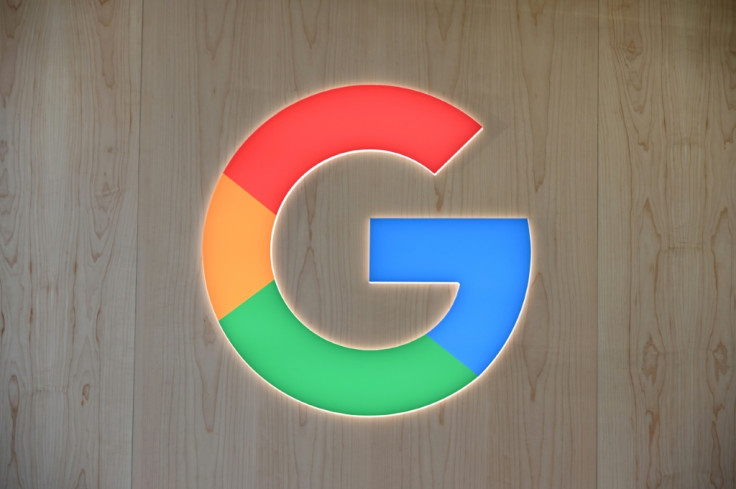Earthquake detection: Google hopes to turn Android smartphones into mini seismometers
Once the primary phase of the earthquake alert system has been completed, Google plans to switch over detection to supported Android devices.
Months after the World Health Organization (WHO) confirmed a pandemic, governments stepped up their contact tracing efforts. It did not take long for major tech companies such as Apple and Google to integrate new software into their respective smartphone ecosystems. This allowed users to receive alerts whether they are or have been in close proximity to individuals who might have COVID-19. Now, the latter hopes to use its Android operating system to monitor earthquakes across the globe.
Surveys show that there are more Android handset users than those on iOS worldwide. Therefore, the internet search company hopes to augment its already robust portfolio of services with seismic data pulled from compatible devices. For the sake of transparency and with consideration for data privacy, it will be an optional functionality, reports The Verge.
With the help of built-in accelerometers on most Android mobile devices, Google plans to pair it with advanced algorithms to gather big data. It is still in the early stages and will initially partner with the United States Geological Survey (USGS) as well as the California Office of Emergency Services. Any earthquake alerts picked up by traditional seismometers will prompt the state's existing ShakeAlert system to issue notifications to Android users in the area.
"It'd be great if there were just seismometer-based systems everywhere that could detect earthquakes," said Google's principal Android software engineer Marc Stogaitis. "That's not really practical and it's unlikely to have global coverage because seismometers are extremely expensive. They have to be constantly maintained, you need a lot of them in an area to really have a good earthquake early warning system."
Once the primary phase of the earthquake alert system has been completed, Google plans to switch over detection to supported Android devices. Stogaitis points out that personal data will never be collected as the system only needs the information gathered by the "mini seismometers" (accelerometers). To conserve battery, this function will only activate when the handset is charging.

Aggregated information is then sent to Google's services where it is converted into earthquake data. Sources project this innovative alert system will still take time before it meets the standards required by regulators. Once approved, it will remain an "opt-in" feature via Google Mobile Services (GMS).
© Copyright IBTimes 2025. All rights reserved.





















